PhD in Rehabilitation Sciences
Advance theory and evidence to guide contemporary rehabilitation practice
Did you know that more than one billion people worldwide experience disability and one in three people may benefit from rehabilitation as a recognized core global public health priority? Rehabilitation optimizes human functioning and reduces the experience of disability. It expands the focus on health to ensure people can perform tasks independently and participate in home, school, work and play activities that comprise a meaningful life. UIC’s PhD in rehabilitation sciences program rigorously trains future rehabilitation scientists through its customized, intensive and interdisciplinary course of study that covers the theoretical, methodological and pedagogical aspects of rehabilitation sciences.
Our students often come with backgrounds in physical therapy, occupational therapy, speech and language pathology, engineering and kinesiology. They work closely with their faculty mentor to design an individualized plan for research and scholarship that includes core and elective courses paired with mentored research. You’ll immerse yourself in a research topic of shared interest with your primary mentor from start to finish and apply what you learn in the classroom to your research, preparing you to take the preliminary exam that qualifies you to propose and defend your dissertation to earn your degree.
Your career
Our PhD in Rehabilitation Sciences will open new career possibilities for you by preparing you to design, conduct and share a programmatic line of translational research to advance the rehabilitation field. You’ll graduate prepared to obtain a faculty role at colleges and universities at a time when faculty shortages remain.
Our graduates are also poised to secure employment in a range of settings, such as:
- Clinician scientist roles within academic medical centers
- Administrative roles within clinical and community-based organizations
- Research scientist roles within private industry and governmental agencies
Our graduates acquire the knowledge, skills and habits to successfully advance the evidence base for rehabilitation practices that optimize the functional abilities, activity performance and participation of persons with, or at risk for, disability and chronic health conditions.
Learn from the best
Our PhD program is housed in the UIC College of Applied Health Sciences and engages faculty from all five of its academic departments. In doing so, our students gain access to the broadest range of research and educational expertise across all AHS disciplines.
Tanvi Bhatt
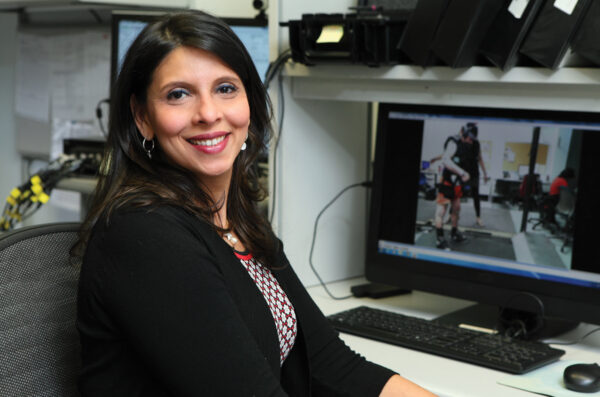
Professor of Physical Therapy
Director: Cognitive Motor and Balance Rehabilitation Laboratory
Sangeetha Madhavan
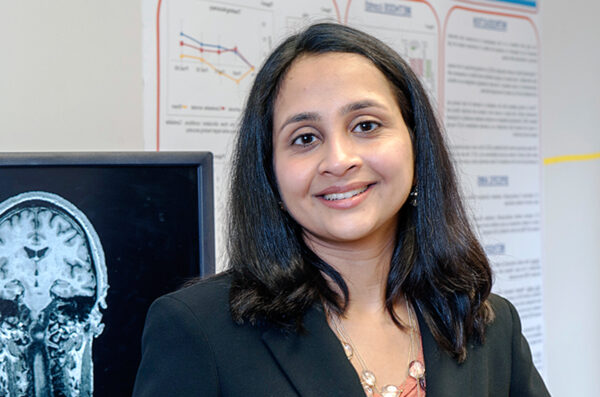
Professor of Physical Therapy
Director: Brain Plasticity Lab
Andrew Boyd
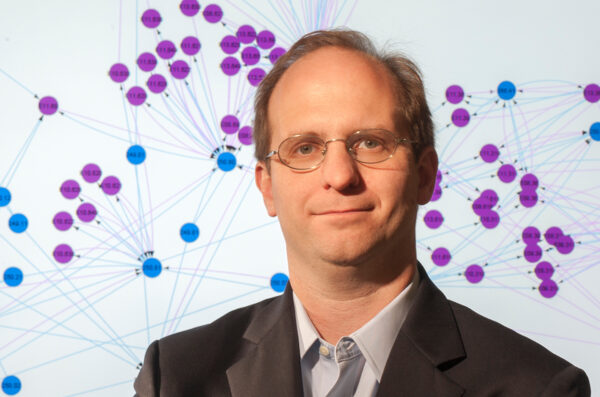
Professor of Biomedical and Health Information Sciences
Mary Khetani
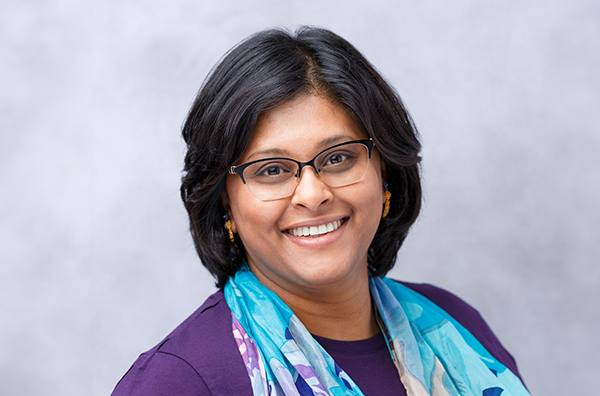
Professor of Occupational Therapy
Director: Children’s Participation in Environment Research Lab
Tamar Heller
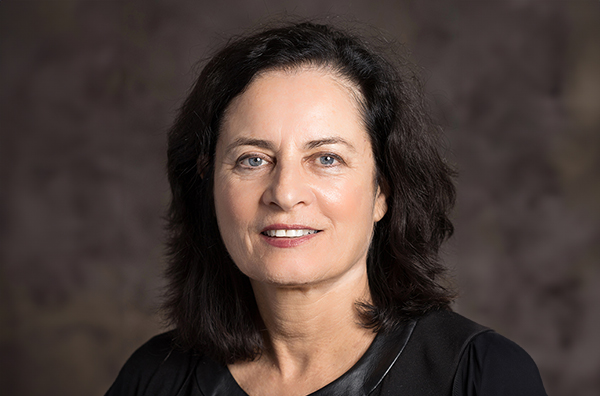
Professor of Disability and Human Development
Director: Institute on Disability and Human Development
Robert Motl
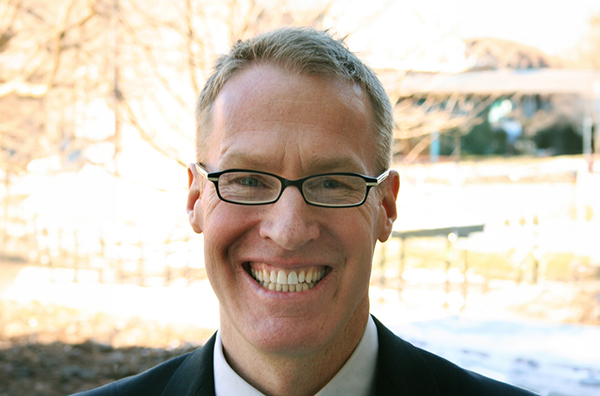
Professor of Kinesiology and Nutrition
Director: Integrative Physiology Lab
Understanding by doing
In our mentor-driven program, you’ll immerse yourself in an area that is of shared interest with your primary mentor. This allows you to determine your individual course of study and pursue the topics that are of most interest to you while progressing through the three degree milestones.
Mentored approach to fulfilling credit requirements
-
Exam You are mentored to complete a preliminary exam to demonstrate your knowledge and readiness to pursue your dissertation
-
Proposal You are mentored to design a dissertation that you propose to your committee
-
Defense You are mentored in preparing to publicly defend your dissertation once it is complete
Understanding by doing
You’ll perform at least 32 hours of research in your focus area, but you won’t do it alone. With your faculty advisor, you’ll work through specific areas of investigation aligned with their expertise and contribute to breakthroughs in the field that allow us to transform our current approaches to rehabilitation theory and practice.
We're here for you
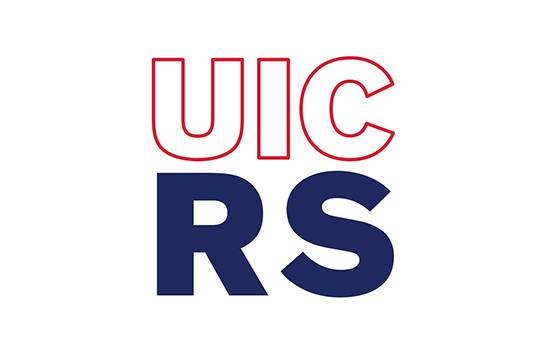
We’re here for you
Still wondering what this PhD degree can do for your career? Contact our leadership team to get your questions answered.
You can contact Alex Aruin at:
Email aaruin@uic.edu
You can contact Mary Khetani at:
Email mkhetani@uic.edu
You can contact Joelle Lantz at:
Email jclantz@uic.edu